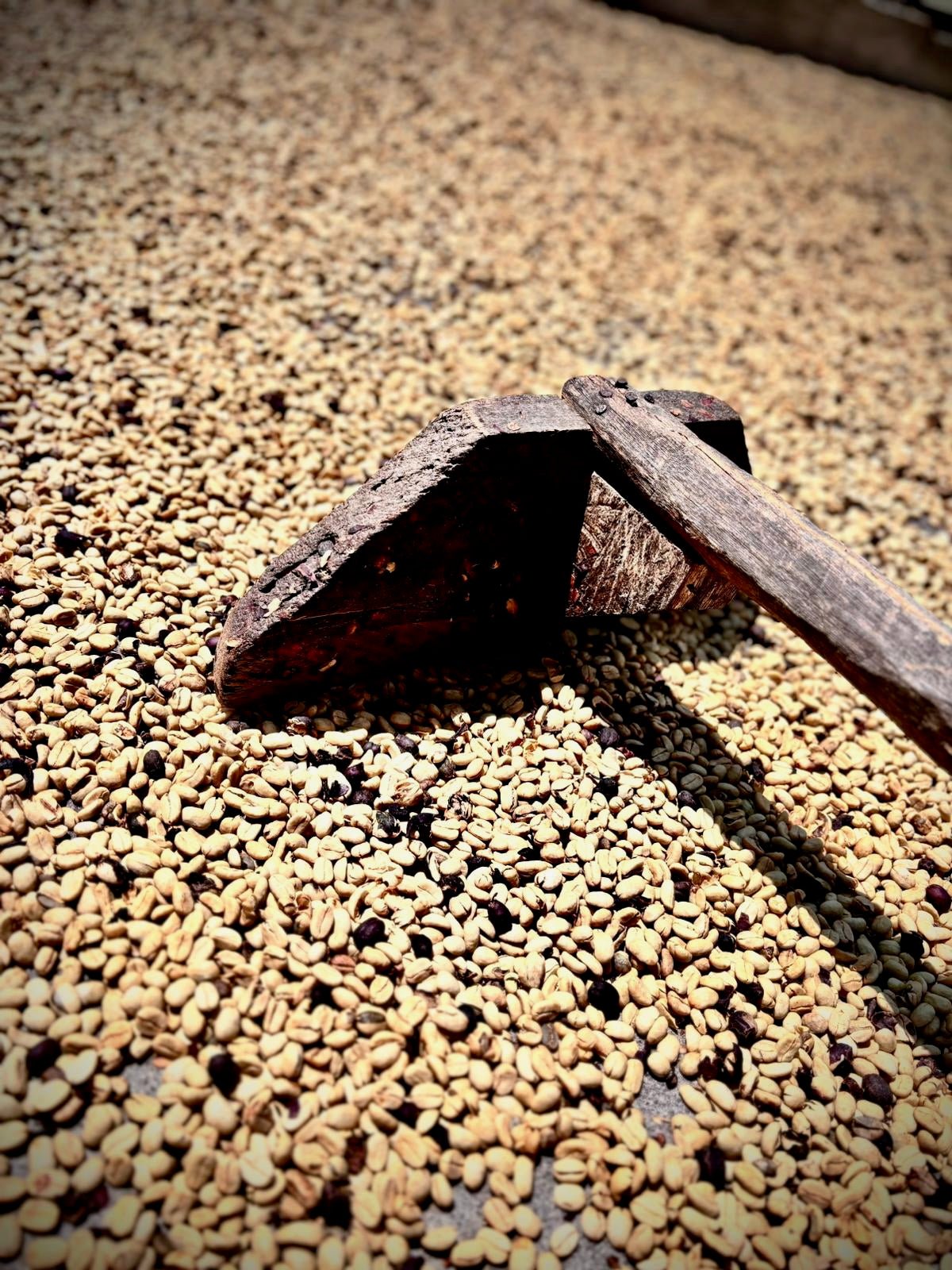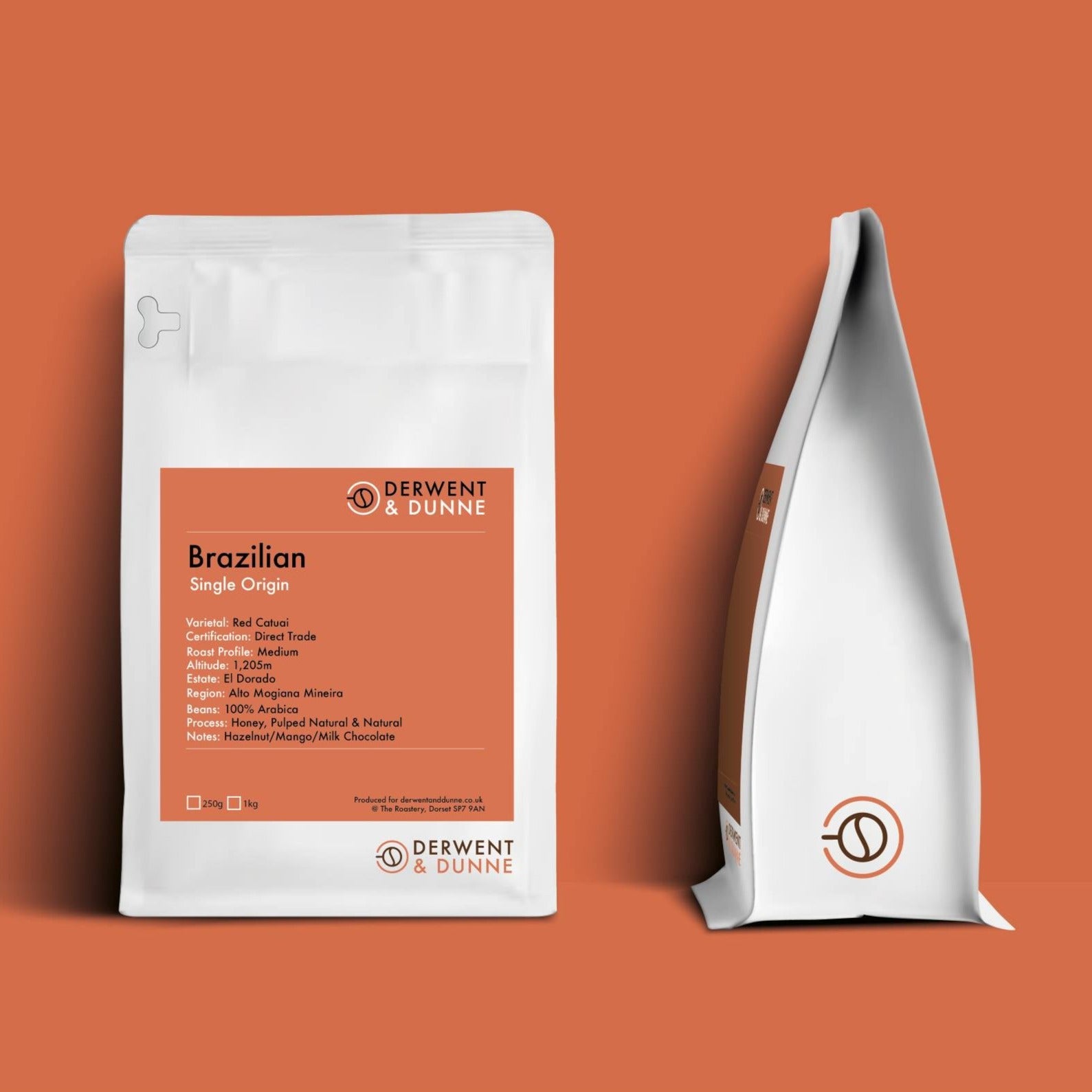The True Cost of Coffee: Why Price Increases Were Inevitable

The True Cost of Coffee: Why Price Increases Were Inevitable
Over the past few months, the cost of green coffee has surged past $4 per pound—a defining moment for the industry. For many, this comes as a shock. Coffee prices have remained relatively low for years, and sudden increases feel disruptive. But the reality is that we’ve been paying artificially low prices for far too long, and this reckoning was inevitable.
The Unsustainable Coffee Market
For decades, coffee producers—especially smallholder farmers—have struggled to make a living. The market has been shaped by a system that values low costs over sustainability, with many farmers operating at a loss or barely covering expenses. While consumers have enjoyed stable prices, the real cost has been absorbed by those at the very start of the supply chain.
The recent price spike is a symptom of deeper structural issues. Climate change, supply chain disruptions, and increasing production costs have all played a role. But at its core, this is about something more fundamental: the need for fair pricing that ensures the people who grow our coffee can afford to keep doing so.
Why We Can't Ignore This Any Longer
As a business, we’ve absorbed rising costs for as long as possible. But the truth is, the price of quality coffee is going up, and it’s unlikely to come back down to previous levels. That’s not necessarily a bad thing. For too long, the coffee industry—like many others—has been built on unsustainable pricing. Large companies have been able to subsidise artificially low prices to attract customers, but that’s always a short-term strategy. Sooner or later, something has to give.
By paying the real cost of coffee, we help ensure that farmers are paid fairly, production remains sustainable, and the quality of the coffee we love isn’t compromised. If prices had reflected these realities all along, we wouldn’t be facing sudden, dramatic increases now. Instead, we would have seen gradual, manageable adjustments that reflect the true cost of production.
A Shift Towards Sustainability
This isn’t just about coffee—it’s about how we value the things we consume. We’ve grown accustomed to unsustainable pricing in many industries, from food to fashion. Companies racing to undercut competitors may offer low prices, but those costs are always borne somewhere—by workers, by the environment, or by sudden price corrections that hit consumers unexpectedly.
As much as price increases are frustrating, they represent a necessary correction. Paying the real cost of coffee means investing in the future of the industry. It ensures that farmers can continue producing high-quality beans without living in poverty. It creates a more stable, resilient supply chain. And it helps us, as consumers, build a more ethical relationship with the products we enjoy.
At Derwent & Dunne, we remain committed to sourcing great coffee while supporting sustainable and fair practices. We believe that acknowledging the real cost of coffee is the only way forward—not just for the industry but for everyone who values the drink they love.
So, as we all adjust to this new reality, let’s embrace it as a positive shift rather than a setback. Good coffee has always been worth it. Now, it’s time to ensure the people behind it are truly valued too.





